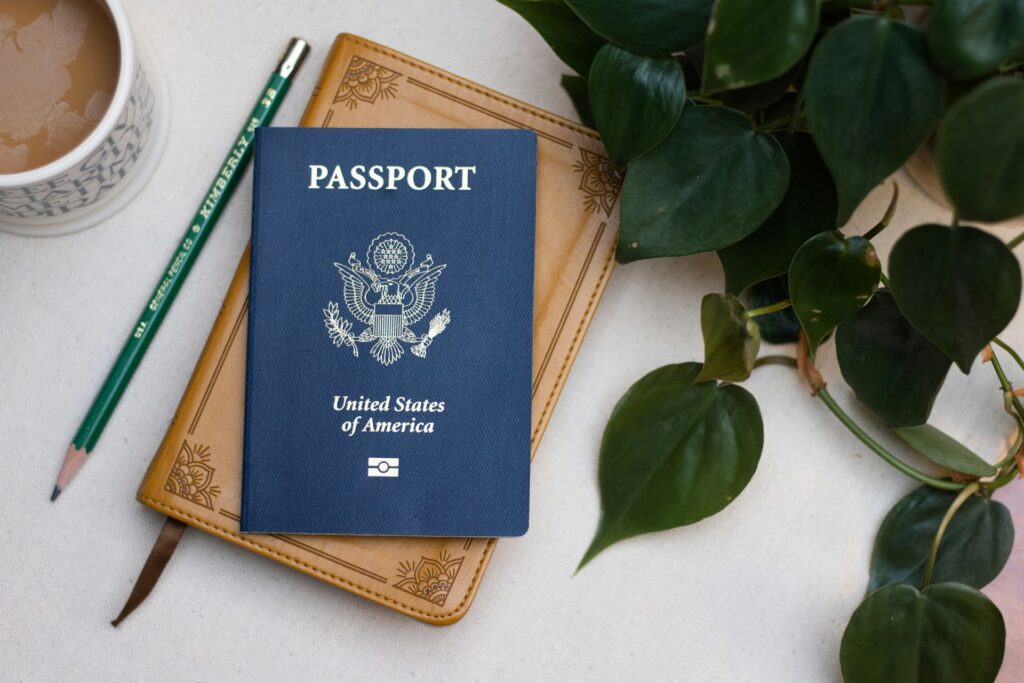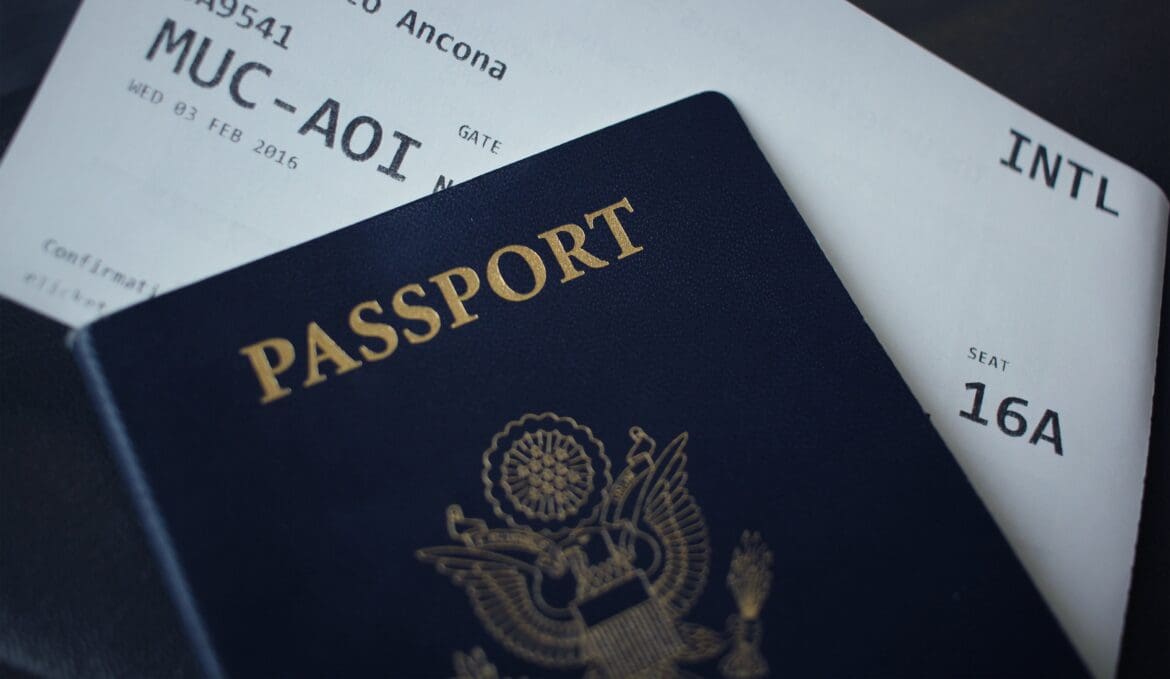Advertiser & Editorial Disclosure: The Bulkhead Seat earns an affiliate commission for anyone approved through the links below. This compensation may impact how and where links appear on this site. We work to provide the best publicly available offers to our readers. We frequently update them, but this site does not include all available offers. Opinions, reviews, analyses & recommendations are the author’s alone, and have not been reviewed, endorsed, or approved by any of these entities.
For the first time in the 20-year history of the Henley Passport Index, the United States no longer ranks among the world’s ten most powerful passports. The latest quarterly report by Henley & Partners, a London-based firm specializing in global citizenship and residence advisory, reveals that the US passport has fallen to 12th place. This marks a historic low for American travel freedom.

The Henley Passport Index evaluates 199 national passports based on the number of destinations their holders can enter without obtaining a visa in advance. According to the latest data, US citizens now have visa-free access to 180 destinations out of 227, placing the country in a tie with Malaysia. This represents a two-place drop from its July ranking and a significant shift from a decade ago when the US passport held the number one position.
By contrast, Singapore continues to lead the index, offering visa-free or visa-on-arrival access to 193 destinations. This underscores its sustained diplomatic and international mobility strength. Other top-ranking passports include those of Japan, Germany, Spain, and South Korea, which consistently dominate the upper tier of the index due to their extensive travel privileges and stable international relations.
The fall of the US passport highlights broader geopolitical shifts and tightening travel policies worldwide. Henley & Partners noted that the United States experienced the second-sharpest decline on the index this year (following Venezuela). The drop reflects the impact of evolving immigration rules, shifting diplomatic relations, and new global security measures that have altered the landscape of international travel. While US citizens still enjoy considerable global mobility, the erosion of rank underscores how other nations have expanded their visa-waiver agreements and strengthened bilateral travel access, outpacing the US in global travel diplomacy.
Henley & Partners also found a growing number of Americans pursuing investment migration programs (schemes that grant residency or citizenship through significant financial investment in another country’s economy or real estate market). In 2025, Americans became the largest group of applicants for these programs. This signals a notable trend among high-net-worth individuals seeking dual citizenship or greater travel flexibility. Such programs, often referred to as “golden visas,” are available in countries like Malta, Greece, and Portugal. They offer alternative passports that grant wider visa-free access and expanded global mobility.
The US passport’s decline marks a pivotal moment in the global travel landscape. While it remains one of the world’s most widely recognized and respected travel documents, its diminishing power reflects the increasing competition among nations to secure stronger diplomatic and mobility ties.
Anthony’s Take: As global policies continue to evolve, the United States faces growing pressure to renegotiate travel agreements and enhance the international standing of its citizens’ passports. This task will be crucial to restoring its place among the world’s most powerful travel documents, but it does not seem like this will be a priority any time soon.
(Image Credits: Nicole Geri and Lydia Matzal.)
User Generated Content Disclosure: The Bulkhead Seat encourages constructive discussions, comments, and questions. Responses are not provided by or commissioned by any bank advertisers. These responses have not been reviewed, approved, or endorsed by the bank advertiser. It is not the responsibility of the bank advertiser to respond to comments.
Advertiser & Editorial Disclosure: The Bulkhead Seat earns an affiliate commission for anyone approved through the links above This compensation may impact how and where links appear on this site. We work to provide the best publicly available offers to our readers. We frequently update them, but this site does not include all available offers. Opinions, reviews, analyses & recommendations are the author’s alone, and have not been reviewed, endorsed, or approved by any of these entities.

1 comment
When a country goes out of its way to distance and antagonize friendly and neutral countries like we have this year, there tend to be consequences.